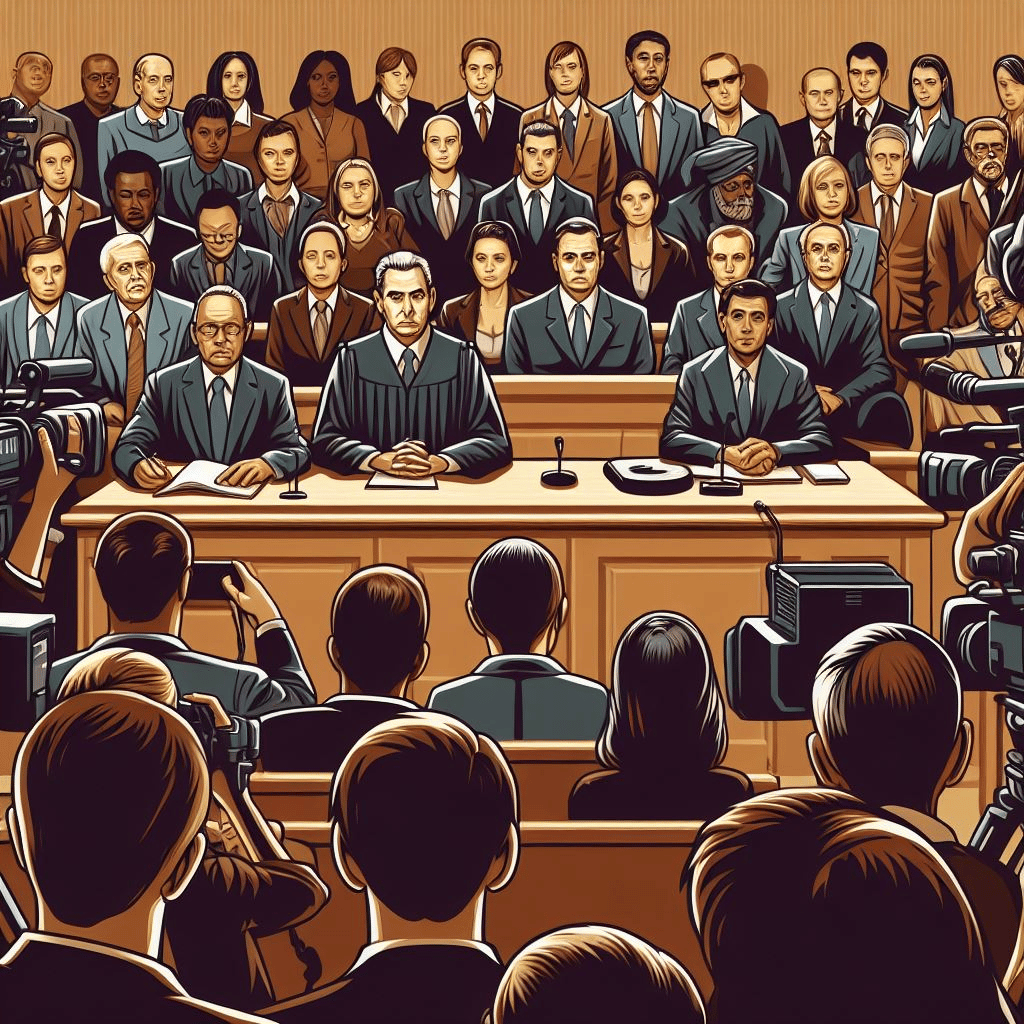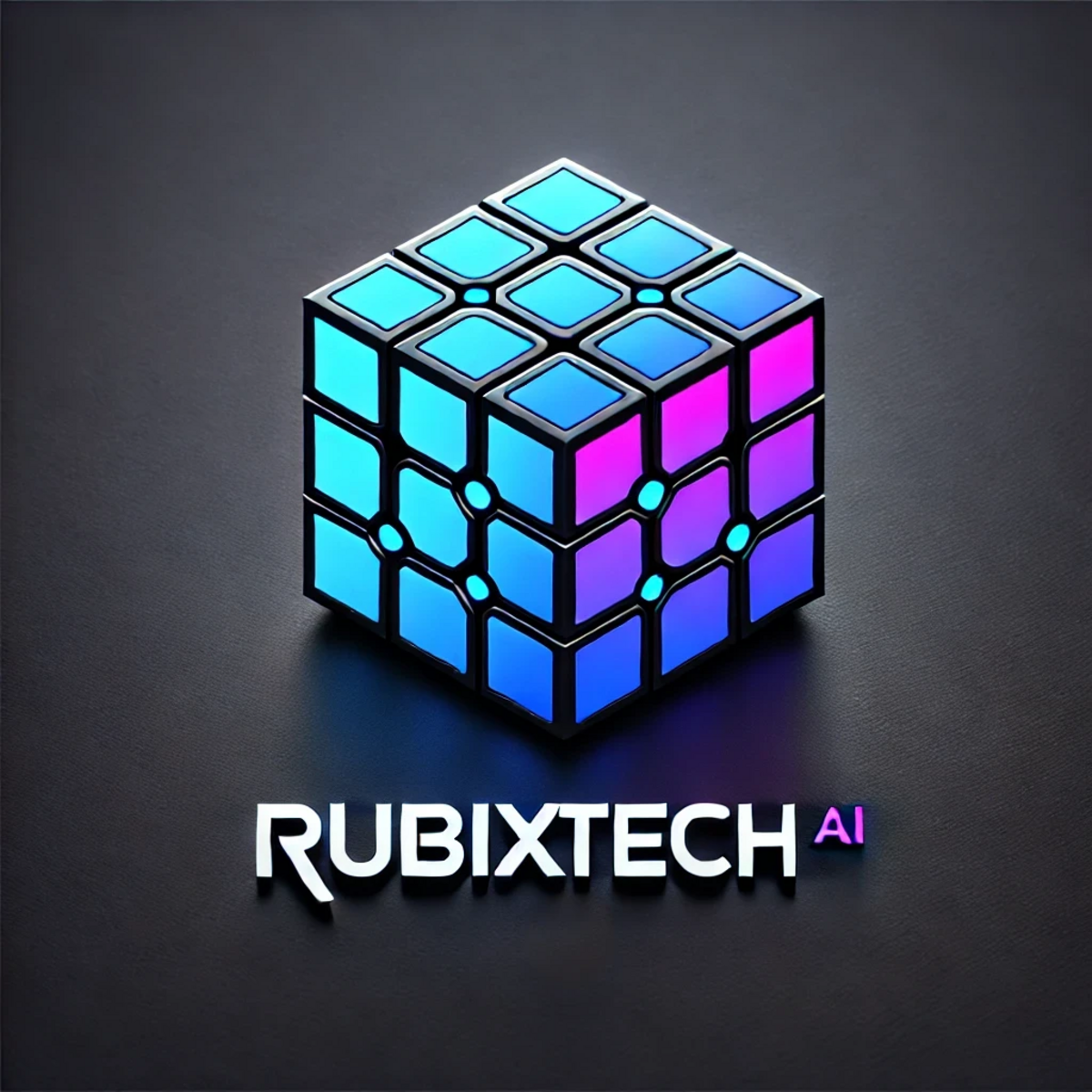Today’s Contents
⚖️Elon Musk Sues Open AI
📰Other AI News
🧰Tech Toolbox
Elon Musk Sues OpenAI and Sam Altman: A Battle Over AI’s Future

In a surprising twist, Elon Musk, the visionary entrepreneur behind Tesla and SpaceX, has taken legal action against OpenAI and its Chief Executive, Sam Altman. The lawsuit alleges that Altman and co-founder Greg Brockman have violated OpenAI’s founding mission, which was originally centered around developing artificial intelligence (AI) safely and for the benefit of humanity. Let’s dive into the details of this high-stakes battle that could reshape the landscape of AI research and development.
The Origins of OpenAI
Founded in 2015, OpenAI emerged as a non-profit organization with a noble goal: to advance AI technology while ensuring it serves humanity’s best interests. Musk, Altman, and Brockman joined forces to create an entity that would push the boundaries of AI research, all while adhering to ethical principles.
The Disagreement
However, tensions escalated when Altman and Brockman proposed a significant shift. They wanted to transform OpenAI from a non-profit into a for-profit company. Musk, who had stepped away from OpenAI in 2018 to launch his own AI venture, xAI, disagreed with this direction. He believed that prioritizing profit over humanity’s welfare would compromise the organization’s core mission.
The Legal Battle
Musk’s lawsuit alleges multiple breaches, including:
Breach of Contract: Musk claims that Altman and Brockman violated the original agreement by pursuing profit-driven goals.
Breach of Fiduciary Duty: As co-founders, Altman and Brockman owed a fiduciary duty to OpenAI and its mission. Musk argues that they failed in this duty.
Unfair Business Practices: The lawsuit seeks unspecified damages above $105,000.
The Game-Changing Claim
Beyond these legal points, Musk’s lawsuit raises a more profound issue. It centers on OpenAI’s partnership with Microsoft, which invested a staggering $13 billion in the organization. Microsoft holds exclusive commercial rights to OpenAI’s intellectual property, including the algorithms behind ChatGPT and its successor, GPT-4. However, there’s a catch: these rights apply only to “pre-AGI technology.”
AGI (artificial general intelligence) represents the holy grail of AI—a system that can perform economically valuable tasks akin to a human. The OpenAI board has the authority to declare when AGI has been achieved. In November 2023, Altman was briefly ousted from the board, but pressure from Microsoft and OpenAI employees led to his reinstatement. Musk contends that this “coup” ensures Microsoft’s continued profits from AGI technology.
The Future at Stake
The lawsuit’s outcome could redefine how OpenAI operates and how Microsoft benefits from its AI advancements. As the battle unfolds in the San Francisco Superior Court, the world watches closely. Will OpenAI remain true to its original mission, or will profit take precedence? Only time—and the courts—will tell.
For more in-depth coverage, read the articles here:
AI News


Here are five AI scheduling tools that can help you manage your calendar and tasks more efficiently:
These tools can streamline your scheduling process and enhance productivity. Choose the one that best fits your needs! 🗓️

